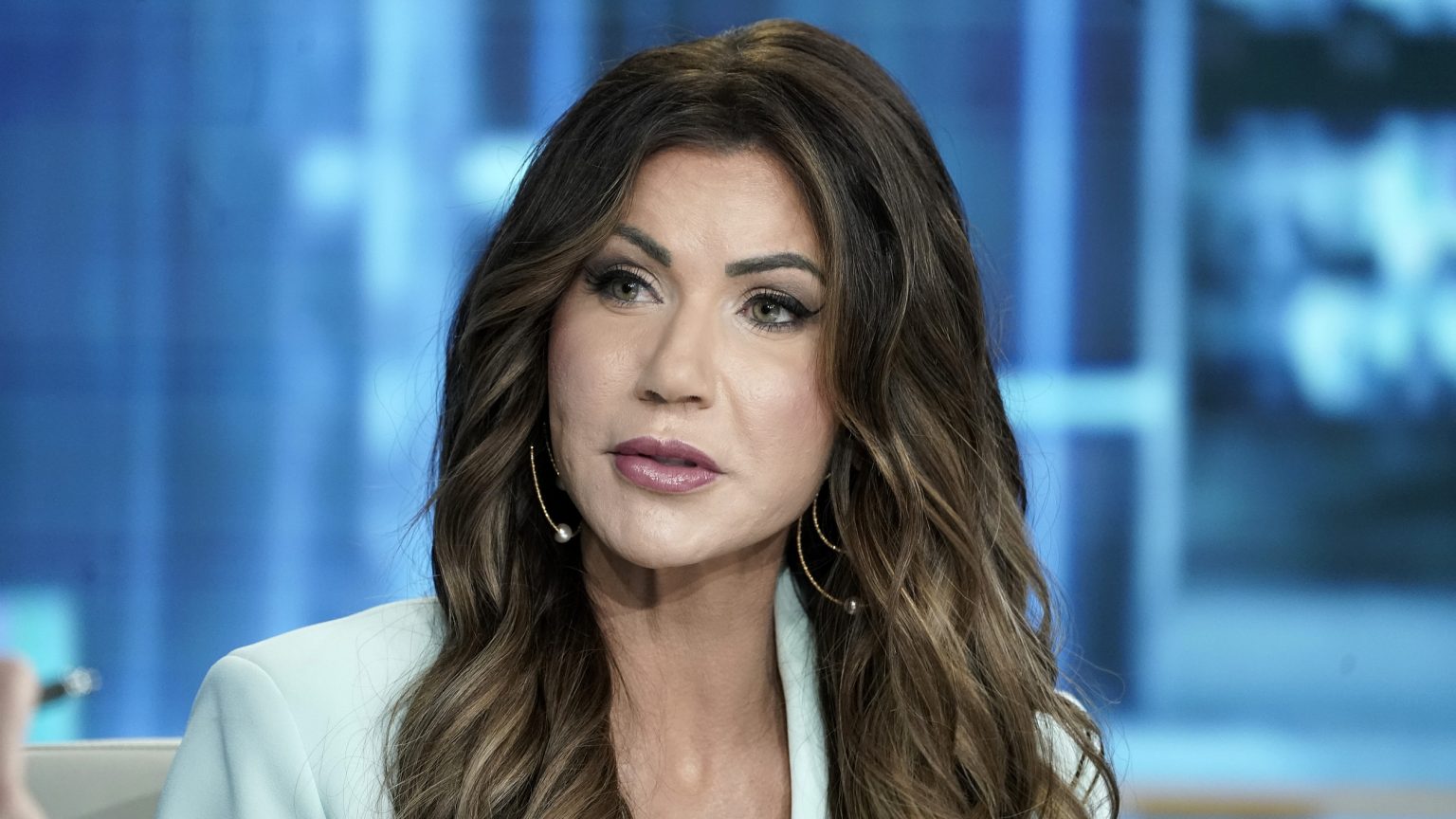South Dakota Governor Kristi Noem has been banned from a number of tribal reservations after making comments about tribal leaders benefiting from drug cartels in the state. Noem, a Republican and close ally of former President Donald Trump, claimed that tribal leaders were personally benefiting from drug cartels and that they were attacking her for speaking out. She also made remarks on social media suggesting that the reservations were hubs for cartel activity. As a result, she was banned by seven Native American reservations in her state, including Crow Creek Sioux, Yankton Sioux, and Oglala Sioux, making her unable to access nearly 20 percent of South Dakota’s territory.
Despite facing criticism from tribal leaders, Noem continued to post about cartels on social media. She shared a video of statements being made to congressional committees about cartel presence in reservations and emphasized that the issue was not exclusive to South Dakota. Noem claimed that cartels and their affiliates had infiltrated reservations across the nation, and she urged people to take the issue seriously based on bipartisan and tribal leader concerns. However, the South Dakota media has reportedly done little to cover the issue, according to Noem.
In addition to the controversy surrounding her comments on drug cartels, Noem is also facing backlash for admitting to killing her dog in a recent book release. She was once considered a contender for Trump’s vice-presidential pick, but her controversies have weakened her chances, political commentators suggest. Christopher Devine, an associate professor of political science, noted that Noem’s actions have potentially damaged her credibility and undermined her prospects for becoming a vice-presidential candidate. He highlighted the importance of vice-presidential candidates in influencing public perception of the presidential candidate who selects them.
Noem’s ban from tribal reservations and her ongoing disputes with tribal leaders highlight the tension between state officials and Indigenous communities in South Dakota. The accusations made by Noem have been labeled as “gossip and lies” that perpetuate stereotypes and misconceptions about Native American tribes. Despite facing criticism, Noem remains committed to addressing cartel presence in reservations and has expressed her concerns through social media posts. The controversy surrounding her comments and actions further complicates her political future, particularly in relation to her ties with former President Trump, whose judgment may be called into question if he were to select Noem as a vice-presidential candidate.
The issue of drug cartel activity on tribal reservations in South Dakota raises broader questions about law enforcement, community safety, and the impact of organized crime on vulnerable populations. Indigenous women have been identified as prime targets for cartel associates, who use their homes as bases of operations for illegal substances. By speaking out on this issue, Noem has drawn attention to a complex problem that requires collaboration between state officials, tribal leaders, law enforcement, and community members to address effectively. It remains to be seen how the situation will evolve and what implications it may have for Noem’s political career and relationships within the Indigenous community.







